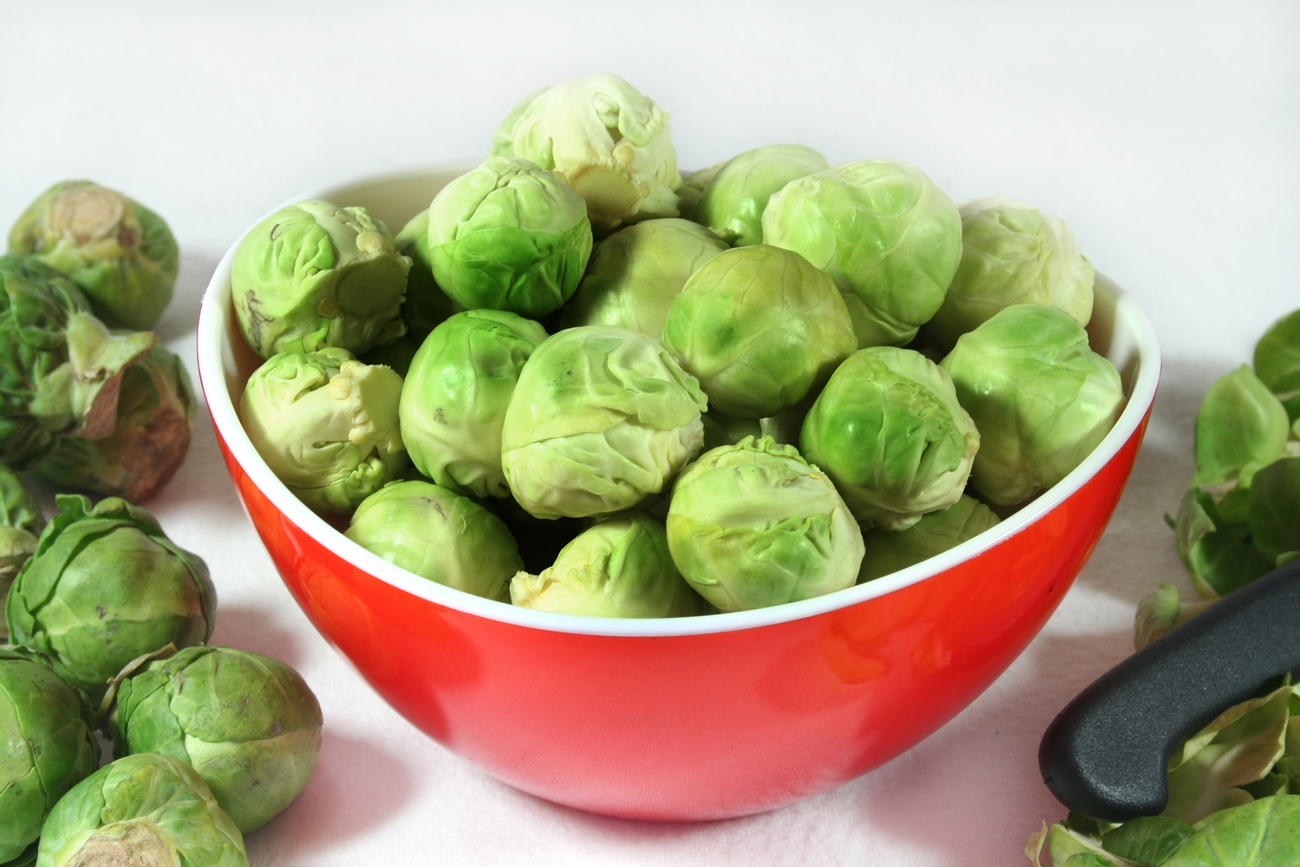 Brussels sprouts, or rosenkol, are miniature heads of cabbage with a strong aroma, pleasant taste and rich composition. In stores, this vegetable is sold fresh or frozen. Heads of cabbage are boiled, stewed, fried, soups are cooked with them. In raw form they are not consumed. Due to its composition Brussels sprouts are healthy Both adults and children are recommended for use by pregnant women.
Brussels sprouts, or rosenkol, are miniature heads of cabbage with a strong aroma, pleasant taste and rich composition. In stores, this vegetable is sold fresh or frozen. Heads of cabbage are boiled, stewed, fried, soups are cooked with them. In raw form they are not consumed. Due to its composition Brussels sprouts are healthy Both adults and children are recommended for use by pregnant women.
Content
The composition of brussels sprouts
 Miniature heads of cabbage have a rich composition - this is not only vitamins, but also fiber, organic acids. They contain a large amount of B vitamins, as well as vitamin C. 100 grams of this vegetable provides 110% of the daily requirement of vitamin C. There are a lot of microelements in cabbage heads, especially potassium.
Miniature heads of cabbage have a rich composition - this is not only vitamins, but also fiber, organic acids. They contain a large amount of B vitamins, as well as vitamin C. 100 grams of this vegetable provides 110% of the daily requirement of vitamin C. There are a lot of microelements in cabbage heads, especially potassium.
Contained in vegetables and a sufficient amount of vegetable protein, so the broth cooked from rosene, the nutritional value will not be inferior to chicken broth.
This small vegetable has a high nutritional value, but at the same time has a low calorie content. Rosencol is also rich in fiber: the dietary fiber contained in it helps remove harmful cholesterol from the body.
Brussels sprouts for weight loss
 This vegetable is considered one of the best for diet food, so it is part of many popular diets. Low calorie content and high nutritional value make it a good product for losing weight.
This vegetable is considered one of the best for diet food, so it is part of many popular diets. Low calorie content and high nutritional value make it a good product for losing weight.
For weight loss, rosencol can be used in boiled form for the preparation of salads and side dishes. With cabbages, you can make vegetable dishes, cook diet soups. It is with them that they make excellent low-calorie mashed soups.
Benefit for health
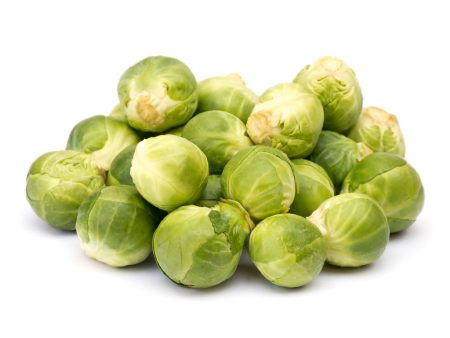 Green inflorescences are healthy due to their rich composition. Among the useful properties of cabbage:
Green inflorescences are healthy due to their rich composition. Among the useful properties of cabbage:
- normalization of the digestive tract. Due to its high fiber content, leafy vegetables help cope with constipation problems. With regular use of this product, the entire digestive system improves. Due to the content of dietary fiber, the problem of heartburn is also solved. However, in this case, vegetables (including Brussels sprouts) should be consumed only in boiled form;
- reduced risk of cardiovascular disease. Green inflorescences due to the high content of organic compounds have anti-inflammatory effects. They reduce the risk of damage to the walls of blood vessels, improve the functioning of the cardiovascular system;
- lowers bad cholesterol. It is proved that regular use of this product, along with turnips, carrots, whole grains, reduces blood cholesterol;
- improves vision. Brussels sprouts contain a large amount of lutein, which is necessary for good vision, as well as vitamin A, which also improves vision;
- Helps fight respiratory problems. Green inflorescences are rich in beta-carotene - it is a well-known antioxidant that helps to increase lung capacity, which reduces the risk of emphysema, asthma, as well as viral infections;
- improves brain activity. Vitamin K, which is part of the vegetable, is indispensable for brain function, reduces the risk of Alzheimer's disease;
- reduces the risk of developing breast cancer. A number of studies have been conducted that have proven that the substances contained in this cabbage prevent the development of cancer. It is especially indicated for women: indole-3-carbinol, which is part of the rosencol, protects the mammary glands from the development of cancer cells.
Benefits of Pregnancy and Breastfeeding
Brussels sprouts are recommended to be introduced into the diet of pregnant women: it contains folic acid, which is very important during pregnancy. In addition, green inflorescences help fight digestive problems that often occur in expectant mothers: relieve feelings of heaviness in the stomach, improve digestion of food. They also help with constipation and bloating.
The benefit is also manifested in the fact that rosencol reduces the risk of developing birth defects in the child. Expectant mothers are recommended to eat this leafy vegetable at least 2-3 times a week in the form of steamed vegetable dishes.
Introduction to the diet of children
 Brussels sprout mashed potatoes can be introduced into the diet of children from six months and older. This vegetable is hypoallergenic, easy to digest, therefore, as a rule, does not cause any negative reactions. Begin by adding one teaspoon, gradually increasing the serving. When the child begins to chew food on his own, then you can give him small pieces of boiled cabbage.
Brussels sprout mashed potatoes can be introduced into the diet of children from six months and older. This vegetable is hypoallergenic, easy to digest, therefore, as a rule, does not cause any negative reactions. Begin by adding one teaspoon, gradually increasing the serving. When the child begins to chew food on his own, then you can give him small pieces of boiled cabbage.
Contraindications and possible harm

Brussels sprouts are not recommended for high stomach acidity. Therefore, with inflammatory processes of the gastrointestinal tract, this product should be used with caution.
As such, Rosencol does not cause harm, but it is better to refrain from drinking it raw. It is not recommended to introduce green inflorescences in the diet for violations of the thyroid gland.
Contraindications include the presence of irritable bowel syndrome: the use of this leafy vegetable can increase the unpleasant symptoms associated with the syndrome.
Cooking Application
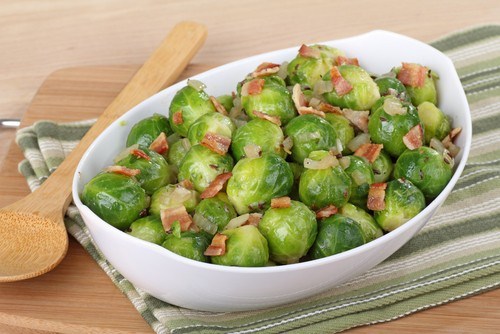 Little green heads of cabbage consumed in boiled or fried form. Choose thick heads without spots, yellowness, or traces of wilting. Soups are prepared from Brussels sprouts, especially dietary ones in return for chicken broths. Casseroles are made from it, fried with cheese and eggs, and vegetable stews are prepared.
Little green heads of cabbage consumed in boiled or fried form. Choose thick heads without spots, yellowness, or traces of wilting. Soups are prepared from Brussels sprouts, especially dietary ones in return for chicken broths. Casseroles are made from it, fried with cheese and eggs, and vegetable stews are prepared.
When preparing a vegetable, it is important not to digest it, because of this it acquires a sharp taste. At the same time, it is important that the vegetable is not undercooked, as this can cause digestive problems.
Conclusion
Brussels sprouts are equally useful for adults and children. It is recommended to be introduced into the diet of pregnant women due to the high content of folic acid. Especially the benefit of the vegetable is manifested in the normalization of the stomach and intestines.

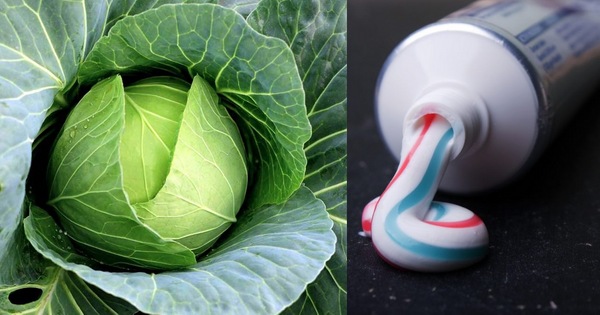
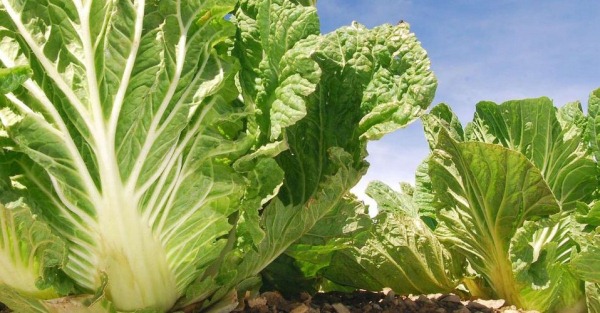
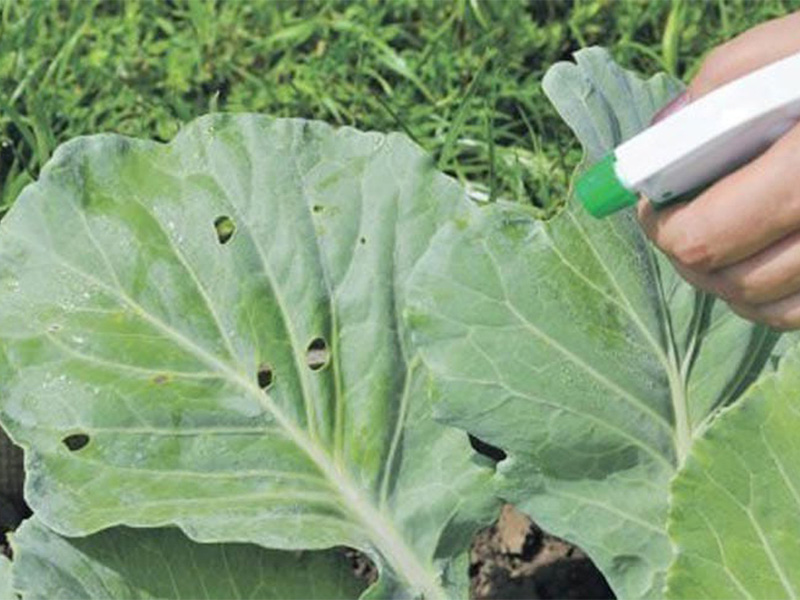
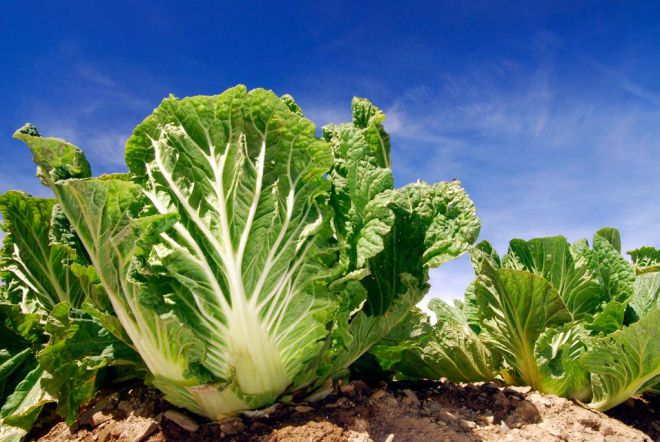 How to grow Chinese cabbage on your site?
How to grow Chinese cabbage on your site? When to plant Chinese cabbage on seedlings in 2024
When to plant Chinese cabbage on seedlings in 2024 When to sow cabbage for seedlings in 2019 on the moon
When to sow cabbage for seedlings in 2019 on the moon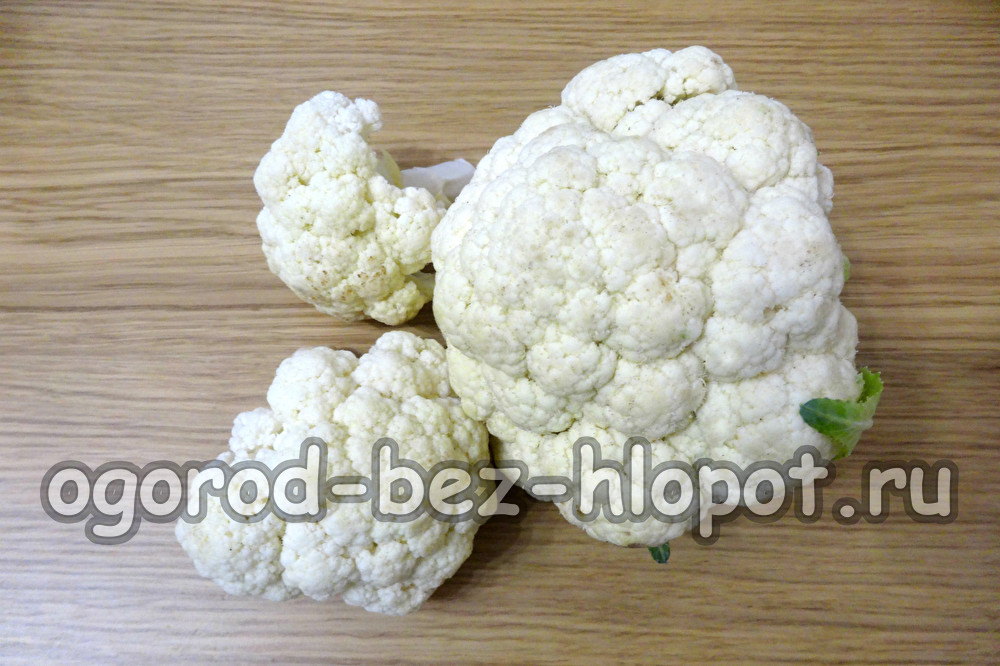 Cauliflower: how to grow large snow-white inflorescences
Cauliflower: how to grow large snow-white inflorescences